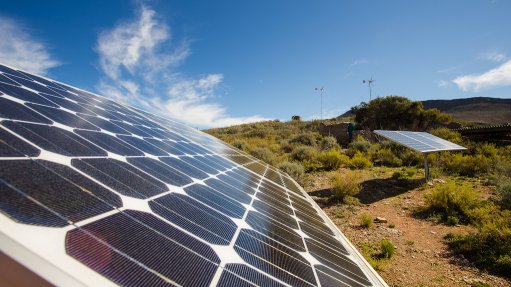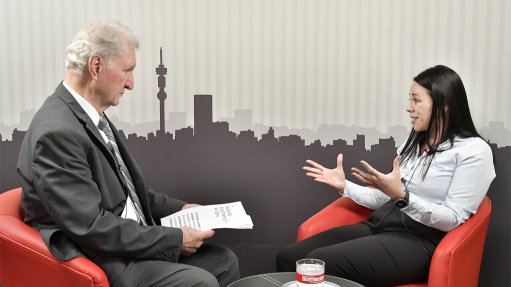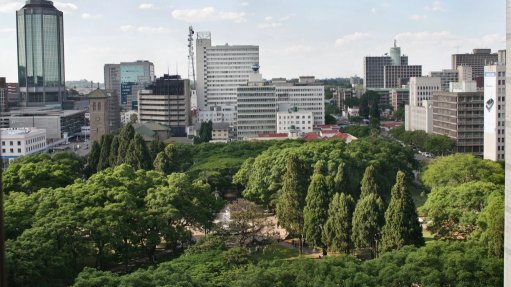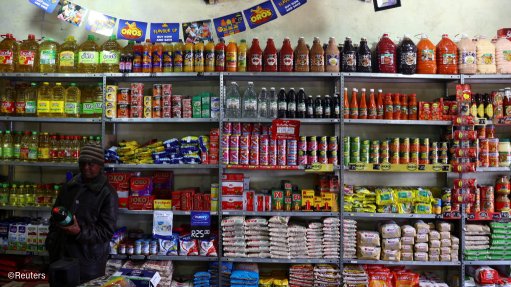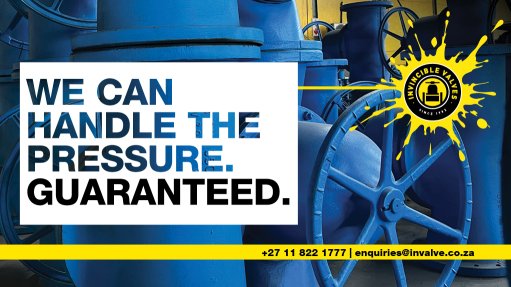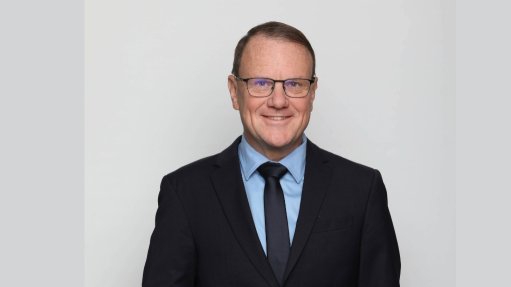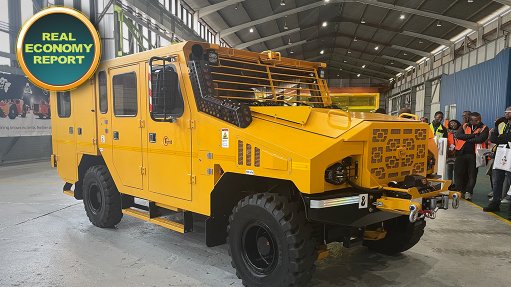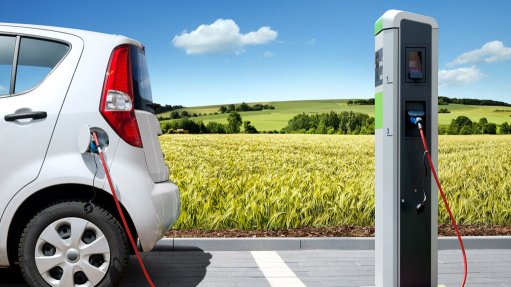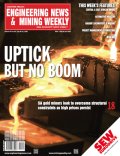To enhance the ‘Safe System’, we need behaviour change on our roads
This article has been supplied.
By Elna Fourie
There is no doubt that safely designed and well-maintained roads make for a more secure road environment. However, road safety also depends on another critical factor: how users interact with that environment. We cannot effectively deal with the high burden of road fatalities in South Africa without changing the behaviour of road users. As the country’s national roads agency, SANRAL recognises that this is a complex, long-term challenge – one that must be addressed through collaboration and evidence-based behaviour change solutions.
SARNAL is guided by the ‘Safe System’ approach to road safety, which acknowledges that the human body is vulnerable and requires protection. This is why the agency continues to invest in road infrastructure that is designed to anticipate and accommodate human error and limit crash forces to prevent death and serious injury.
The Safe System also underscores the importance of addressing the road safety challenge in a holistic and integrated way – and sharing the responsibility for safety with all road users. Many of SANRAL’s educational and community interventions are already geared towards engaging with road users to encourage and enable them to behave safely. But there is a long road ahead when it comes to achieving real and sustainable behaviour change on our roads.
Beyond the traditional approach
From the WHOA! road safety campaign, ChekiCoast and festive campaigns to formal educational programmes at schools across the country, SANRAL’s outreach includes a broad range of education and awareness interventions designed to promote a shared responsibility for safety. These efforts target all age groups, with the youth representing SANRAL’s biggest focus, given that young people comprise more than half of the total population.
Education, persuasion and enforcement will always be critical tools in delivering behaviour change, but they need to be integrated into a sustained and multi-pronged approach that recognises the complexity of human behaviour.
Our growing understanding of what really drives human action is transforming the approach to road safety. As we recognise that behaviours are often shaped not by rational thought and careful deliberation, but by habits, biases and social circumstances, we need to broaden our scope and explore new interventions that go beyond the traditional.
For SANRAL, this includes looking beyond awareness-raising tools such a TV and radio to explore the innovative use of digital platforms for the formal education of all road users. The agency is also working to broaden its understanding of the different road user groups and the needs of citizens living in communities adjacent to our national network.
Investing in evidence
As our understanding of human behaviour grows, so too does the need to treat further study in this area in a rigorous and scientific manner. This means investing in a better evidence base. Building on existing data to clearly understand South Africa’s road safety crisis is the key to more effective policies and behaviour change solutions.
While the available statistics underscore the magnitude of the problem – about 832,000 crashes occur on our roads each year – there is a need for more qualitative data to paint a clearer picture of how users behave within our road system. Only then can we generate actionable insights that can be translated into effective interventions.
SANRAL’s current use of technology offers opportunities to improve data collection and analysis – and the agency is taking decisive steps to capitalise on this. Our freeway management systems (FMS) in Gauteng, KwaZulu-Natal and the Western Cape utilise intelligent transport system technologies to boost real-time incident management and data capture.
Another new development is the agency’s effort to explore technologies such as machine learning and facial recognition, and how these can be used to collect vital data and identify trends to assist authorities in improving road safety.
The SANRAL research and innovation programme has also identified several priority research projects to investigate road user behaviour, the challenges faced by road users and potential solutions to create a safer road environment.
One project is investigating the development and deployment of sensors in service of transportation management. The aim is to develop new sensor and sensor integration technologies and systems to acquire real-time data for the management of the road network. This includes road performance, traffic management, improving road safety and user information systems.
SANRAL’s research efforts also extend into the area of non-motorised transport (NMT), which includes walking and cycling. The aim is to gather data to guide the agency and city authorities in the planning and design of infrastructure elements that promote NMT as a viable transport option among South Africans.
Collaboration is key
Once data is gathered, how do we translate it into insights and better interventions? For this, a collaborative and interdisciplinary approach is critical that brings together communities, industry experts and researchers from a range of relevant disciplines.
The SANRAL research and innovation programme is just one example of the collaborative approach at work. Another is the agency’s investment at tertiary institutions, such as the Engineering 4.0 facility. The facility houses a number of state-of-the-art laboratories and provides a space where students, academics, entrepreneurs and industry partners can work together to conduct scientific research, share expertise and harness new technologies. Such collaboration holds enormous potential and benefits all South Africans.
Our democracy relies on citizen participation in all aspects of government and governing. To achieve the objectives of the ‘Safe System’, we need South Africans to participate and comply with the rules of the road. Crucially, this includes parents, who play an enormous role in shaping the actions and attitudes of future generations. To change the behaviour of adults is no mean feat and requires consistent, long-term commitment by all stakeholders.
On the path to a safer future on our roads, there are no shortcuts.
Comments
Press Office
Announcements
What's On
Subscribe to improve your user experience...
Option 1 (equivalent of R125 a month):
Receive a weekly copy of Creamer Media's Engineering News & Mining Weekly magazine
(print copy for those in South Africa and e-magazine for those outside of South Africa)
Receive daily email newsletters
Access to full search results
Access archive of magazine back copies
Access to Projects in Progress
Access to ONE Research Report of your choice in PDF format
Option 2 (equivalent of R375 a month):
All benefits from Option 1
PLUS
Access to Creamer Media's Research Channel Africa for ALL Research Reports, in PDF format, on various industrial and mining sectors
including Electricity; Water; Energy Transition; Hydrogen; Roads, Rail and Ports; Coal; Gold; Platinum; Battery Metals; etc.
Already a subscriber?
Forgotten your password?
Receive weekly copy of Creamer Media's Engineering News & Mining Weekly magazine (print copy for those in South Africa and e-magazine for those outside of South Africa)
➕
Recieve daily email newsletters
➕
Access to full search results
➕
Access archive of magazine back copies
➕
Access to Projects in Progress
➕
Access to ONE Research Report of your choice in PDF format
RESEARCH CHANNEL AFRICA
R4500 (equivalent of R375 a month)
SUBSCRIBEAll benefits from Option 1
➕
Access to Creamer Media's Research Channel Africa for ALL Research Reports on various industrial and mining sectors, in PDF format, including on:
Electricity
➕
Water
➕
Energy Transition
➕
Hydrogen
➕
Roads, Rail and Ports
➕
Coal
➕
Gold
➕
Platinum
➕
Battery Metals
➕
etc.
Receive all benefits from Option 1 or Option 2 delivered to numerous people at your company
➕
Multiple User names and Passwords for simultaneous log-ins
➕
Intranet integration access to all in your organisation






